
Find Help
More Items From Ergsy search
-
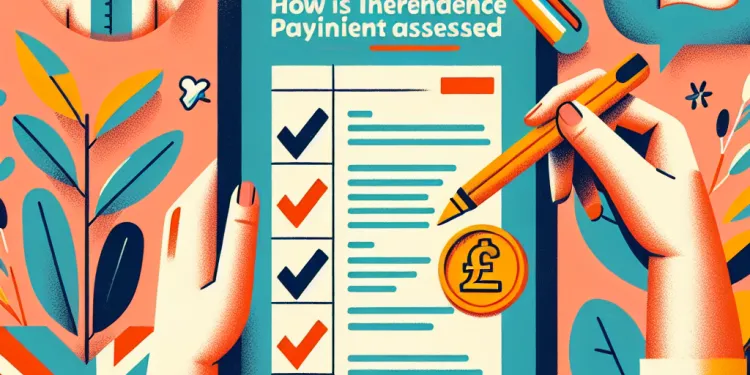
How is PIP assessed?
Relevance: 100%
-
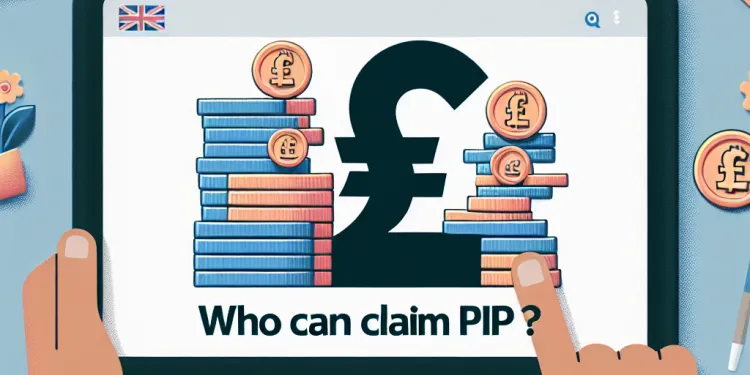
Who can claim PIP?
Relevance: 98%
-

Who can claim PIP?
Relevance: 98%
-

What is Personal Independence Payment (PIP)?
Relevance: 95%
-

What is Personal Independence Payment (PIP)?
Relevance: 94%
-
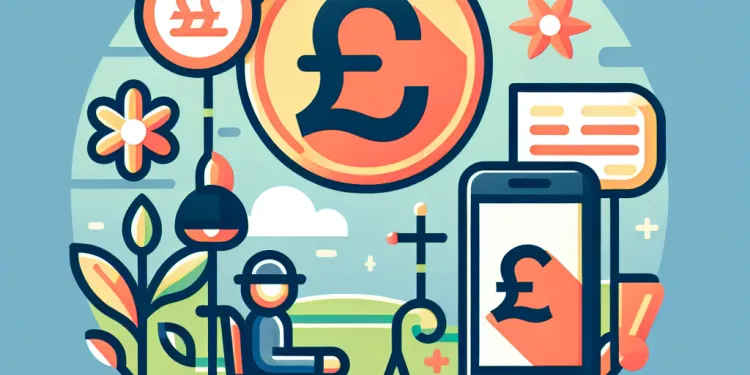
What is Personal Independence Payment (PIP) & Attendance Allowance?
Relevance: 88%
-

Is there any assistance for those who cannot work up to the new state pension age?
Relevance: 30%
-

Can I get the Winter Fuel Payment if I receive other benefits?
Relevance: 25%
-

What financial support is available for people with dementia?
Relevance: 21%
-
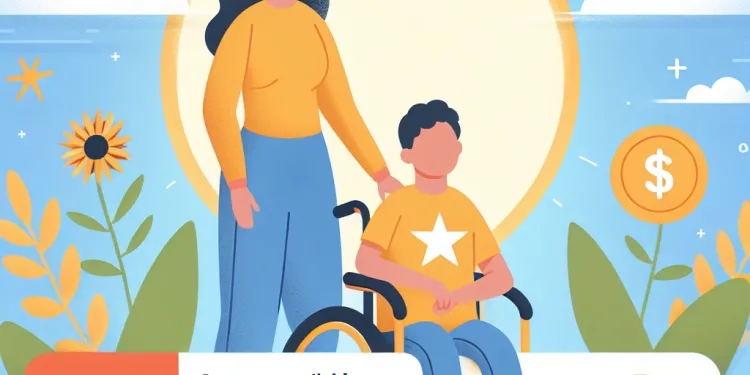
What support is available for families of individuals with PIMD?
Relevance: 21%
-

What support is available for people with Crohn's disease in the UK?
Relevance: 19%
-
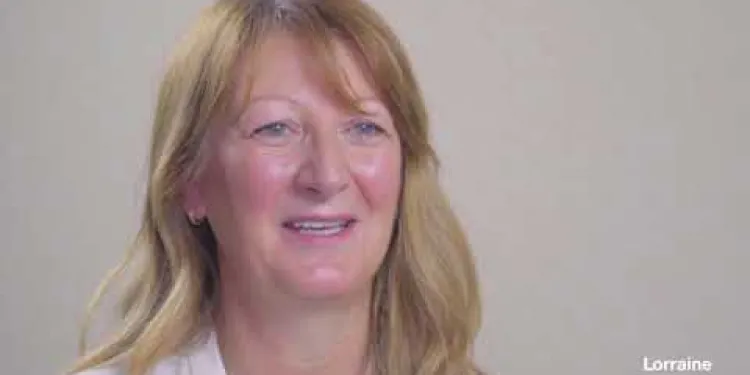
Getting help and support with frontotemporal dementia (FTD) (part 2/3)
Relevance: 14%
-
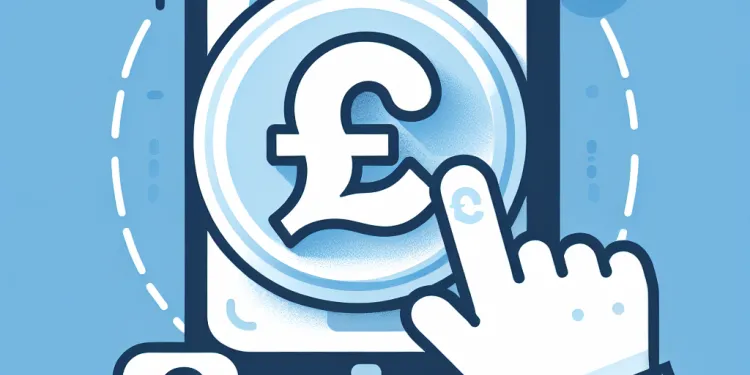
Will the £500 cost of living payment affect my benefits?
Relevance: 14%
-

Does the Warm Home Discount affect my other benefits?
Relevance: 13%
-

Can the payment be used for any expenses?
Relevance: 13%
-

Can I receive this payment alongside other cost of living payments?
Relevance: 13%
-

Living with changes in behaviour in frontotemporal dementia (FTD) (part 3/3)
Relevance: 12%
-

Understanding Your Rights: Legal Support for Families During Economic Turbulence
Relevance: 12%
-
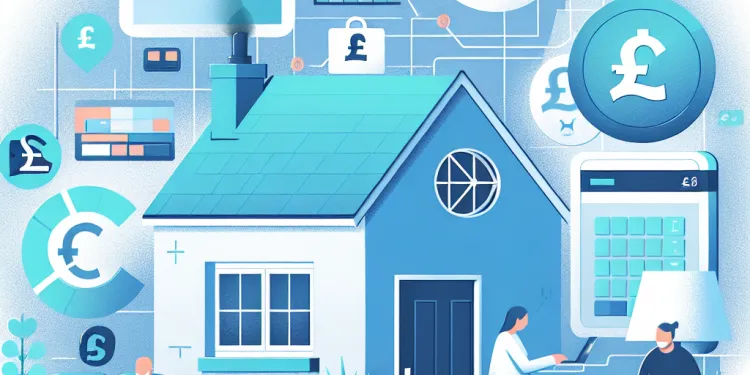
Who is eligible for Household & Cost-of-Living Support grants?
Relevance: 12%
-

What support is available for people with stoma bags?
Relevance: 12%
-

What if my circumstances change?
Relevance: 12%
-
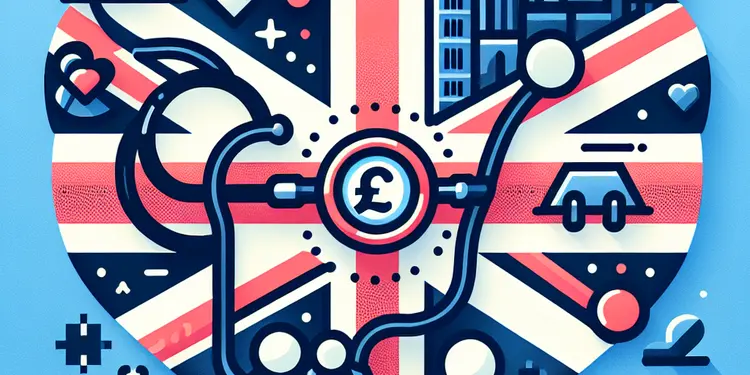
What support is available for families affected by Huntington's disease?
Relevance: 12%
-

How long will it take to receive the payment after applying?
Relevance: 12%
-

Can I receive the payment if I already receive other benefits?
Relevance: 12%
-

How does billing for live-in care work?
Relevance: 12%
-
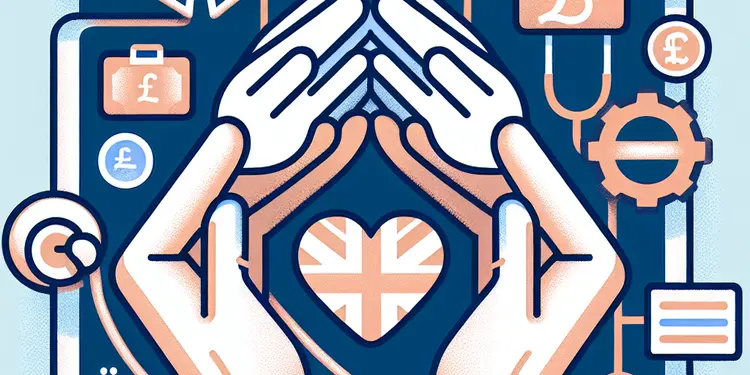
What types of support are available for carers of Alzheimer's patients?
Relevance: 12%
-
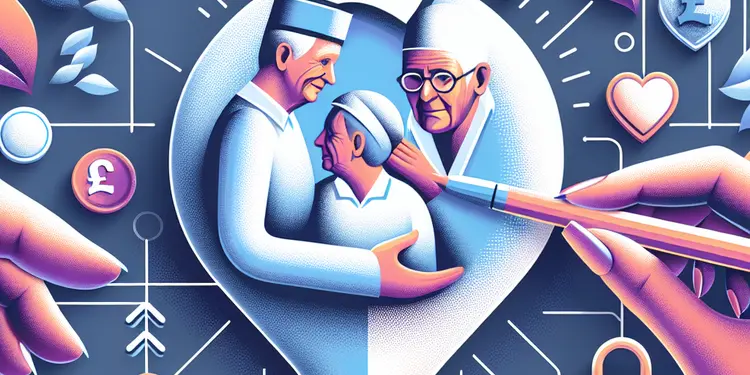
Are there financial support programs for carers of Alzheimer's patients?
Relevance: 12%
-

Debate Intensifies Over Welfare Reforms Impacting Disabled Citizens
Relevance: 12%
-
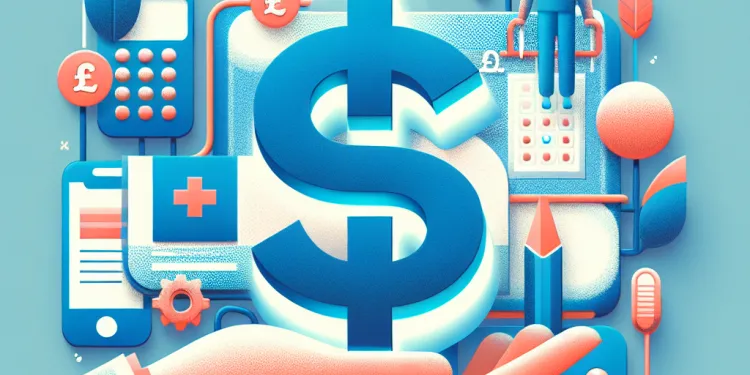
Do these grants cover medical expenses?
Relevance: 12%
-

How can one pay for care home services?
Relevance: 12%
-

Living with dementia | NHS
Relevance: 7%
-

Does receiving the Winter Fuel Payment affect my other benefits?
Relevance: 7%
-

What is a learning disability?
Relevance: 7%
-
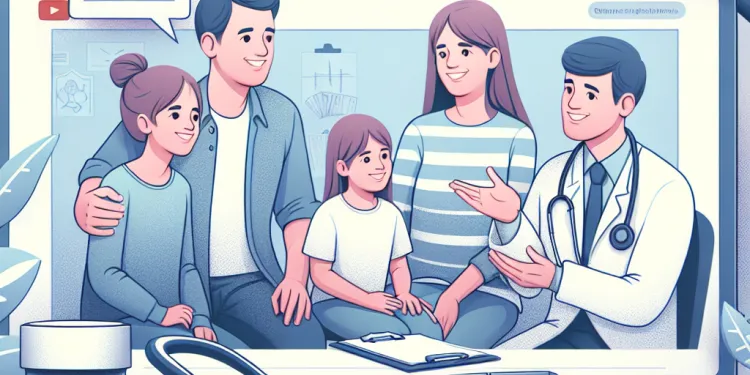
Managing Chronic Illness Within the Family
Relevance: 6%
-

Where can I find support for managing Type 2 Diabetes in the UK?
Relevance: 6%
-

Early onset dementia | NHS
Relevance: 6%
-
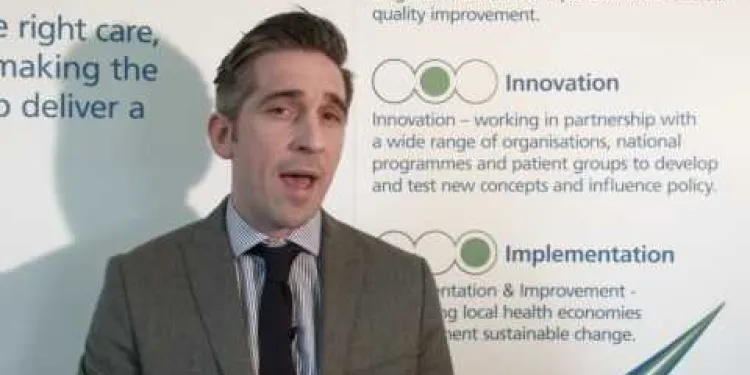
Parkinson’s Disease and NHS RightCare: Long Term Condition Scenario
Relevance: 6%
-

Leg amputation and life afterwards
Relevance: 6%
-
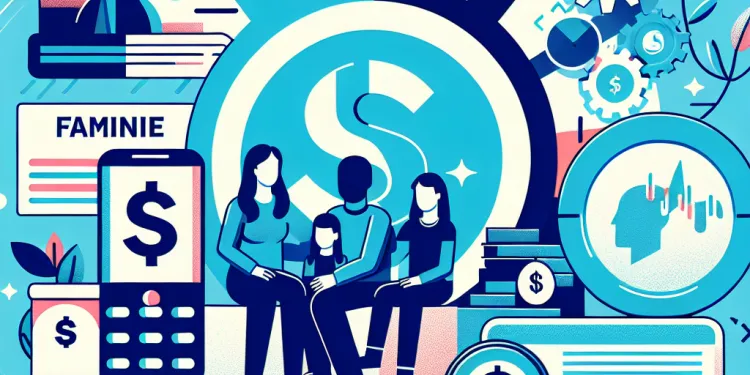
Advancements in Mental Health Resources for Families
Relevance: 6%
-

Mental Health Support for Families: Resources and Strategies
Relevance: 6%
Introduction to Personal Independence Payment (PIP)
Personal Independence Payment (PIP) is a financial benefit provided by the UK government to help with extra costs incurred due to long-term ill health or disability. It is designed to support individuals in leading better lives by easing the financial burden associated with health conditions.
Who Can Claim PIP?
To be eligible for PIP, a person must be aged 16 to 64 during their initial claim. If an individual is already receiving PIP upon reaching the age of 65, they can continue to receive it. Additionally, claimants typically need to have a health condition or disability that has resulted in daily living or mobility needs for at least three months prior and is expected to last for at least a further nine months.
Residence and Presence Conditions
Claimants must be present in Great Britain when applying, and normally reside in the UK. Typically, individuals need to have been in Great Britain for at least two of the last three years prior to the application. Certain exceptions exist, such as for members of the armed forces and family members residing abroad.
Assessment Process
Eligibility for PIP is not dependent on specific medical diagnoses or conditions. Instead, it focuses on the extent to which a person’s health condition affects their daily living and mobility. Applicants are usually required to undergo an assessment conducted by a health professional either face-to-face or over the phone, where they will be asked about their ability to carry out various daily activities and move around independently.
Components and Rates
PIP consists of two components: the daily living component and the mobility component. Each component has two rates – standard and enhanced. The rate an individual receives depends on the level of help they need. The daily living component is for those who need help with tasks such as preparing food, washing, dressing, and communicating. The mobility component is for individuals who need assistance in moving around or leaving their house.
Applying for PIP
To make a claim, individuals need to contact the Department for Work and Pensions (DWP). They will need to provide personal information including National Insurance number, bank or building society details, a contact number, and information about their health condition or disability. Applications can initially be made over the phone, and a form will be sent out for additional information needed to process the claim.
Conclusion
PIP is an essential benefit for many individuals living with disabilities and long-term health conditions in the UK. Understanding the eligibility criteria and the application process can help potential claimants access the support they need. Applicants are encouraged to provide comprehensive information about their daily challenges to ensure a fair assessment of their condition.
Introduction to Personal Independence Payment (PIP)
Personal Independence Payment, or PIP, is money from the UK government. It helps people who have long-term illnesses or disabilities. PIP makes life a bit easier by giving extra money for costs related to health problems.
Who Can Claim PIP?
You can ask for PIP if you are between 16 and 64 years old. If you already get PIP and turn 65, you can still get it. You need to have a health problem or disability that affects your daily life or moving around. This problem must have lasted at least three months and is expected to continue for at least another nine months.
Residence and Presence Conditions
To get PIP, you must live in Great Britain when you apply. You usually need to have lived in Great Britain for two of the last three years. There are exceptions for people in the armed forces and their families living abroad.
Assessment Process
PIP is not based on having a specific illness. It looks at how your health problem affects what you do every day and how you get around. You will have an assessment with a health professional, which might be in person or over the phone. They will ask you questions about your daily life and how you move around.
Components and Rates
PIP has two parts: daily living and mobility. Each part has two levels—standard and enhanced. The level you get depends on the help you need. The daily living part is for help with things like cooking, washing, dressing, and talking to people. The mobility part is for help with moving around or leaving your house.
Applying for PIP
To apply for PIP, you need to contact the Department for Work and Pensions (DWP). You will need to give them details like your National Insurance number, bank details, a phone number, and information about your health problem. You start by applying over the phone. Then they will send you a form to fill in with more information.
Conclusion
PIP is very important for people in the UK who have disabilities or long-term health problems. Knowing who can get PIP and how to apply can help people get the support they need. When applying, it's important to explain how your health problem affects your daily life, so your situation is understood properly.
Frequently Asked Questions
What is PIP?
PIP stands for Personal Independence Payment, a benefit for people with long-term health conditions or disabilities in the UK.
Who can claim PIP?
To claim PIP, you must be between 16 and State Pension age, have a health condition or disability where you have had difficulties with daily living or mobility for at least 3 months, and expect these difficulties to continue for at least 9 months.
Can non-UK residents claim PIP?
You must be habitually resident in the UK, the European Economic Area (EEA), or Switzerland to claim PIP.
Can children claim PIP?
No, children under 16 cannot claim PIP. They may be eligible for Disability Living Allowance (DLA) instead.
Can State Pension age individuals claim PIP?
If you are over State Pension age and already receiving PIP, you can continue to receive it, but you cannot make a new claim for PIP.
What conditions qualify for PIP?
PIP is for those with a long-term physical or mental health condition or disability that causes difficulty in daily activities or mobility. Specific conditions are not listed; it’s based on the level of help you need.
Can mental health issues qualify for PIP?
Yes, mental health issues can qualify for PIP if they result in significant difficulty with daily living or mobility.
Do I need a diagnosis to claim PIP?
A diagnosis is not strictly necessary, but you must demonstrate how the condition or disability affects your daily life and mobility.
How is PIP assessed?
PIP assessments consider how your condition affects daily living and mobility, and often involve a face-to-face consultation with a health professional.
Can people with temporary conditions claim PIP?
PIP is not for temporary conditions. Your condition must have affected you for at least 3 months and be expected to affect you for at least 9 more months.
How long does it take to get PIP after applying?
The process can take several months, as it includes assessing your claim based on the information provided and potentially a face-to-face assessment.
Can self-employed individuals claim PIP?
Yes, self-employment status does not affect PIP eligibility. The focus is on the level of personal help needed.
Can people in full-time education claim PIP?
Yes, being in full-time education does not exclude you from claiming PIP if you meet the other eligibility criteria.
Do I need a caregiver to claim PIP?
No, PIP is based on the level of help you need, not on whether you actually have a caregiver.
Can individuals who receive other benefits claim PIP?
Yes, you can claim PIP in addition to other benefits, such as Universal Credit, Employment and Support Allowance, and others.
Is PIP means-tested?
No, PIP is not means-tested, so your income and savings do not affect your eligibility.
How is mobility difficulty assessed for PIP?
Mobility difficulty for PIP is assessed based on your ability to move around and plan or follow the route of a journey.
Can EU nationals living in the UK claim PIP?
EU nationals can claim PIP if they are habitually resident and satisfy the other eligibility conditions.
What should I do if my PIP claim is rejected?
If your PIP claim is rejected, you can ask for a mandatory reconsideration and, if necessary, appeal the decision if you disagree.
Can part-time workers claim PIP?
Yes, working part-time does not impact your eligibility for PIP if you meet the personal help criteria.
What is PIP?
PIP is money from the government. It helps people who have trouble with daily tasks or moving around. If you think you need this help, you can apply for it.
To understand more, you can ask someone to help you read or find videos that explain it. You can also talk to a support worker or a friend.
PIP means Personal Independence Payment. It is money to help people in the UK who have health problems or disabilities that last a long time.
Who can get PIP?
PIP is short for Personal Independence Payment. It's money for people who need help with everyday things. Here's who can get it:
- Age: You need to be over 16 but younger than the state pension age.
- Health needs: You should have a long-term illness, disability, or mental health condition.
- How long: Your health needs should last at least 12 months.
If you think you can get PIP, you can ask someone to help you apply. A family member, friend, or a support worker can help.
If you want to get PIP, you need to be 16 years old or older, but not older than the age when you start getting your State Pension. You need to have a health problem or disability. This means you find it hard to do things every day or to move around. You need to have had these problems for at least 3 months, and you should think they will last for at least another 9 months.
Can people who don't live in the UK get PIP?
You must live in the UK, the European Economic Area (EEA), or Switzerland to get PIP.
Can children get PIP?
Children cannot get PIP (Personal Independence Payment). PIP is for people aged 16 and older.
If a child needs extra help, their parents can look for other support, like Disability Living Allowance (DLA) for children.
If you want help, talk to someone at school or ask an adult.
No, kids under 16 cannot get PIP money. They might be able to get something called Disability Living Allowance (DLA) instead.
Can People Who Get State Pension Get PIP?
PIP is money to help with extra costs if you have a health problem or a disability. Even if you get the State Pension, you might still get PIP. You can ask for PIP if you had problems before the State Pension age and you still have the problems now.
If you need help understanding this, you can ask a friend or family member. Using a voice assistant to read this out loud might also help.
If you are older than the age to get State Pension and you already get PIP, you can keep getting it. But you cannot ask for PIP if you do not get it already.
Who can get PIP?
PIP helps people who find daily tasks or moving around difficult because they have a health problem or disability. It doesn’t matter what the condition is, but how much help you need.
Can you get PIP for mental health problems?
People with mental health problems might be able to get PIP. PIP stands for Personal Independence Payment. It helps people who find it hard to do things because of their health.
To get PIP, you need to show how your mental health makes life harder for you. This can be things like trouble going out, taking care of yourself, or talking to other people.
Here are some tips to help you:
- Write down how you feel every day.
- Ask someone who knows you well to help you. They can talk about how your mental health affects you.
- Talk to your doctor. They can give you a letter about your mental health.
- Use tools like reminders on your phone to help remember important things.
Yes, if you have problems with your mental health, you might get PIP. This is true if it makes daily tasks or moving around hard for you.
Do I need a diagnosis to get PIP?
You do not need a doctor's diagnosis to get PIP. PIP stands for Personal Independence Payment. It helps people who have trouble with daily life or moving around.
If you want PIP, you should talk about how your life is affected. You can use a diary or ask someone to help you explain it.
You don't always need a diagnosis, but you do need to show how your condition or disability makes your life and moving around harder.
How do they check if you can get PIP?
PIP checks look at how your health problem makes it hard to do everyday things and move around. You often talk to a health worker in person.
Can people who are ill for a short time get PIP?
PIP is not for short-term problems. You need to have had your condition for at least 3 months. It should also last for at least 9 more months.
How long does it take to get PIP after you apply?
PIP is money from the government to help you if you have a health problem or disability.
After you apply for PIP, it can take some time to find out if you can get it.
Usually, it takes about 3 months to hear back.
If you need help, you can:
- Ask someone you trust to help you read the letters.
- Use a calendar to mark important dates.
- Contact a support worker or advice center if you have questions.
The process can take a long time, maybe a few months. It starts with looking at all the information you give. Sometimes you might need to meet with a person for a talk about it.
Can people who work for themselves get PIP money?
PIP means Personal Independence Payment. It is money to help if you have a long-term illness or disability.
If you work for yourself, called self-employed, you can still get PIP. It does not matter if you have a job or not. What matters is if you need help because of how your body or mind works.
You can use tools like text-to-speech to help read the information. You can also ask a helper or friend to explain it to you.
Yes, you can get PIP if you work for yourself. They want to know how much help you need, not what job you do.
Can students get PIP money?
Yes, you can get PIP while you go to school full-time, if you meet the other rules.
Do I need a helper to get PIP money?
No, PIP looks at how much help you need. It doesn't matter if you have someone helping you or not.
Can people get PIP if they already get other help?
Yes, you can get PIP as well as other benefits like Universal Credit or Employment and Support Allowance.
Here are some tips that might help:
- Use simple words and write short sentences.
- Try reading slowly and take your time to understand each part.
- Ask someone to read with you. It can be your family or a friend.
- Use a magnifier if you find it hard to see small letters.
Does getting PIP depend on how much money you have?
No, you do not need to worry about how much money you make or have in the bank. It does not change if you can get PIP.
How do they check if you have trouble moving for PIP?
For PIP, they look at how well you can move around and find your way on a trip.
Can people from the EU living in the UK get PIP?
If you are from the EU and you live in the UK most of the time, you might get PIP money. You also need to meet other rules to get this money.
What can I do if my PIP claim is turned down?
If your PIP claim is turned down, don't worry! Here are some steps you can take:
- Read the decision letter: This letter will tell you why the claim was turned down. It is important to understand the reasons.
- Ask for help: You can ask someone you trust, like a family member or friend, to help you. They can read the letter with you and talk about what it says.
- Ask to look at the decision again: You can ask the benefits office to look at your claim one more time. This is called a "mandatory reconsideration." You need to do this within one month from the date on the decision letter.
- Write your reasons for asking again: When you ask for a reconsideration, tell them why you think the decision is wrong. You can use examples or new information if you have any.
- Get support: There are groups that can help you understand the process, like Citizens Advice. They can offer guidance and support.
Remember, you are not alone, and there are people and resources that can help you.
If your PIP claim is turned down, you can ask for someone to look at it again. This is called asking for a mandatory reconsideration. If you still don’t agree with the decision, you can ask for an appeal.
Can people who work part-time get PIP?
If you have a part-time job, you can still get PIP if you need help with your daily life or moving around.
Useful Links
This website offers general information and is not a substitute for professional advice.
Always seek guidance from qualified professionals.
If you have any medical concerns or need urgent help, contact a healthcare professional or emergency services immediately.
Some of this content was generated with AI assistance. We’ve done our best to keep it accurate, helpful, and human-friendly.
- Ergsy carfully checks the information in the videos we provide here.
- Videos shown by Youtube after a video has completed, have NOT been reviewed by ERGSY.
- To view, click the arrow in centre of video.
- Most of the videos you find here will have subtitles and/or closed captions available.
- You may need to turn these on, and choose your preferred language.
- Go to the video you'd like to watch.
- If closed captions (CC) are available, settings will be visible on the bottom right of the video player.
- To turn on Captions, click settings .
- To turn off Captions, click settings again.
More Items From Ergsy search
-

How is PIP assessed?
Relevance: 100%
-

Who can claim PIP?
Relevance: 98%
-

Who can claim PIP?
Relevance: 98%
-

What is Personal Independence Payment (PIP)?
Relevance: 95%
-

What is Personal Independence Payment (PIP)?
Relevance: 94%
-

What is Personal Independence Payment (PIP) & Attendance Allowance?
Relevance: 88%
-

Is there any assistance for those who cannot work up to the new state pension age?
Relevance: 30%
-

Can I get the Winter Fuel Payment if I receive other benefits?
Relevance: 25%
-

What financial support is available for people with dementia?
Relevance: 21%
-

What support is available for families of individuals with PIMD?
Relevance: 21%
-

What support is available for people with Crohn's disease in the UK?
Relevance: 19%
-

Getting help and support with frontotemporal dementia (FTD) (part 2/3)
Relevance: 14%
-

Will the £500 cost of living payment affect my benefits?
Relevance: 14%
-

Does the Warm Home Discount affect my other benefits?
Relevance: 13%
-

Can the payment be used for any expenses?
Relevance: 13%
-

Can I receive this payment alongside other cost of living payments?
Relevance: 13%
-

Living with changes in behaviour in frontotemporal dementia (FTD) (part 3/3)
Relevance: 12%
-

Understanding Your Rights: Legal Support for Families During Economic Turbulence
Relevance: 12%
-

Who is eligible for Household & Cost-of-Living Support grants?
Relevance: 12%
-

What support is available for people with stoma bags?
Relevance: 12%
-

What if my circumstances change?
Relevance: 12%
-

What support is available for families affected by Huntington's disease?
Relevance: 12%
-

How long will it take to receive the payment after applying?
Relevance: 12%
-

Can I receive the payment if I already receive other benefits?
Relevance: 12%
-

How does billing for live-in care work?
Relevance: 12%
-

What types of support are available for carers of Alzheimer's patients?
Relevance: 12%
-

Are there financial support programs for carers of Alzheimer's patients?
Relevance: 12%
-

Debate Intensifies Over Welfare Reforms Impacting Disabled Citizens
Relevance: 12%
-

Do these grants cover medical expenses?
Relevance: 12%
-

How can one pay for care home services?
Relevance: 12%
-

Living with dementia | NHS
Relevance: 7%
-

Does receiving the Winter Fuel Payment affect my other benefits?
Relevance: 7%
-

What is a learning disability?
Relevance: 7%
-

Managing Chronic Illness Within the Family
Relevance: 6%
-

Where can I find support for managing Type 2 Diabetes in the UK?
Relevance: 6%
-

Early onset dementia | NHS
Relevance: 6%
-

Parkinson’s Disease and NHS RightCare: Long Term Condition Scenario
Relevance: 6%
-

Leg amputation and life afterwards
Relevance: 6%
-

Advancements in Mental Health Resources for Families
Relevance: 6%
-

Mental Health Support for Families: Resources and Strategies
Relevance: 6%


